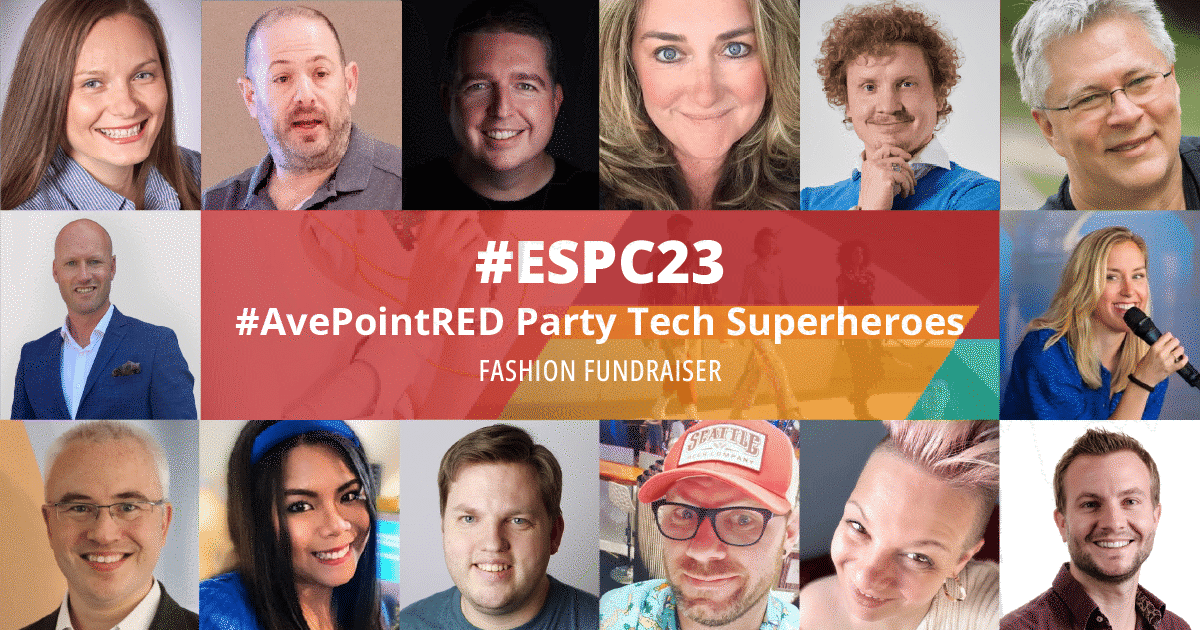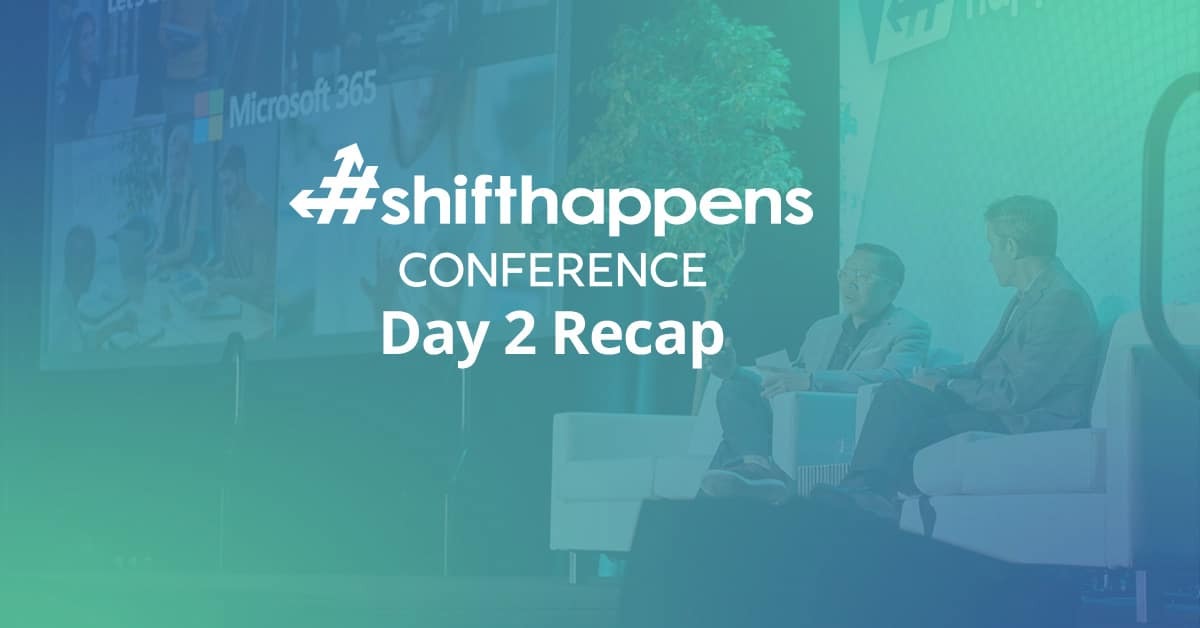Looking Forward to the 7th Annual Internet Governance Forum


Every year, I mark my calendar for the annual Internet Governance Forum (IGF) meeting, and this year the meeting is November 6-9 in Baku, Azerbaijan. This will be my third year attending as a delegate. The proposed theme of this year’s conference is “Internet Governance for Sustainable Human, Economic and Social Development”. A little background on the IGF:
The Internet Governance Forum (IGF) serves to bring people together from various stakeholder groups as equals, in discussions on public policy issues relating to the Internet. While there is no negotiated outcome, the IGF informs and inspires those with policy-making power in both the public and private sectors. At their annual meeting delegates discuss, exchange information and share good practices with each other. The IGF facilitates a common understanding of how to maximize Internet opportunities and address risks and challenges that arise. (United Nations, 2011)
I cannot overstate the importance of participating in multi-stakeholder, multi-national forums (and standards organizations) as a method of bringing value, interoperability, and value to the work that we do every day. This IGF meeting provides an opportunity to share best practices, lessons learned, and an opportunity to interact with some of the true Internet thought leaders worldwide, looking at issues that will impact Internet users around the globe. Through my participation, I am able to bring these important concepts back into the work in which I participate at AvePoint to provide true global leadership throughout our technology offerings. One of the hardest things for a delegate to do is to decide what sessions to attend, as there are so many compelling topics from which to choose. On the first day of the annual meeting, there is an opening ceremony and an opening session in the main session room. This is typically followed by a briefing for new delegates, or you can begin right away with the sessions. As much as I would like to attend every session, there is no way to do so. My strategy for attending conflicting sessions is to attend one online while physically attending another. There are specific tracks for the delegates, and I usually spend most of my time in one of two tracks: Security Openness and Privacy (SOP) and Access and Diversity (AD). I’ve already scoped out the schedule, and on the first day I plan to attend, WS 161 - Operationalizing Cyber Security Nationally and Trans-nationally. It’s hard to imagine a session or topic more relevant to the challenges facing our worldwide communities. According to the agenda, this workshop “… will provide a forum for discussing the ingredients for effective cyber security efforts in various entities: companies, Internet infrastructure providers, governments, and collaborative endeavors.” The next session on my agenda for the day is WS162 -Digital Citizenship: Can It Translate in the Face of Language, Cultural & Economic Differences? I am confident this will generate great discussions on what it means to be a digital citizen. During these two sessions, I will be attend another session in the SOP track online. On the second day, I’ve slotted in WS 97 - Concepts of Acceptable Behavior to Protect and Enhance Trust. One of the key questions, in my opinion, being asked in this workshop is: “Can we identify standards of acceptable behavior to protect and enhance trust on the Internet?” This is an interesting topic, as individual non-state actors now have the ability to impact states and their citizens in a negative way to such levels that never existed before. What is the way forward, and what public and/orprivate partnerships can aid in solving these issues? The more I learn from meetings like this, the more I can assist in AvePoint’s efforts to bring practical, scalable, and strategic solutions to our customer base worldwide. One of the highlights of the second day for me will also be the following workshop: WS 172 -Jurisdictional Issues on Civil and Law Enforcement Access to Cloud Data. Consider one of the questions the delegates will address: “What options can and should subscribers have to protect their content that is stored with cloud services?” Considering the tremendous drive among many organizations worldwide to adopt cloud computing in some way, I believe it is easy to understand why I believe this is an absolutely vital session to attend. Day three brings more interesting sessions, and at the top of my list is WS 173 – Cyber Security that Achieves Privacy and Civil Liberties. More and more, we learn about online activists using the Internet to remain anonymous in order to do more than just protest governments. If you follow privacy on the Internet – and are familiar with the term “Hactivist” – then you are aware of the importance of keeping Personally Identifiable Information and Patient Health Information secure. Discussion on latest best practices and/or what more can be done in this aim will start this day off on a high note; however as this is only the first session I will need to load up on espresso before going! Other day three highlights include: · WS 180 – Blocking and Filtering Internet DNS Content · Main Session: Security, Openness and Privacy · Main Session: Access and Diversity On day four, there is a workshop that, in my opinion, should have been held on the first day: WS 52 Remote Participation: Reality and Principles. The first item on the agenda introduces the foundational principles of e-participation, emphasizing it as a tool for greater inclusion in global policy processes. On the fun side, this year’s IGF is in Baku, Azerbaijan. In my experience, the host country goes out of its way to make the delegates feel welcome. On day four, there is usually some type of gala where not only local food and drinks are available, but the host country’s history, music, and traditional clothing also take center stage. However, if you cannot make it to Baku, then I urge you to participate remotely. It is always good to be part of the conversation, and remote participation affords you that right – the workshops enable you to ask questions and receive answers from the delegates attending the show. I’ll also be tweeting daily and blogging about my key takeaways from the event.


